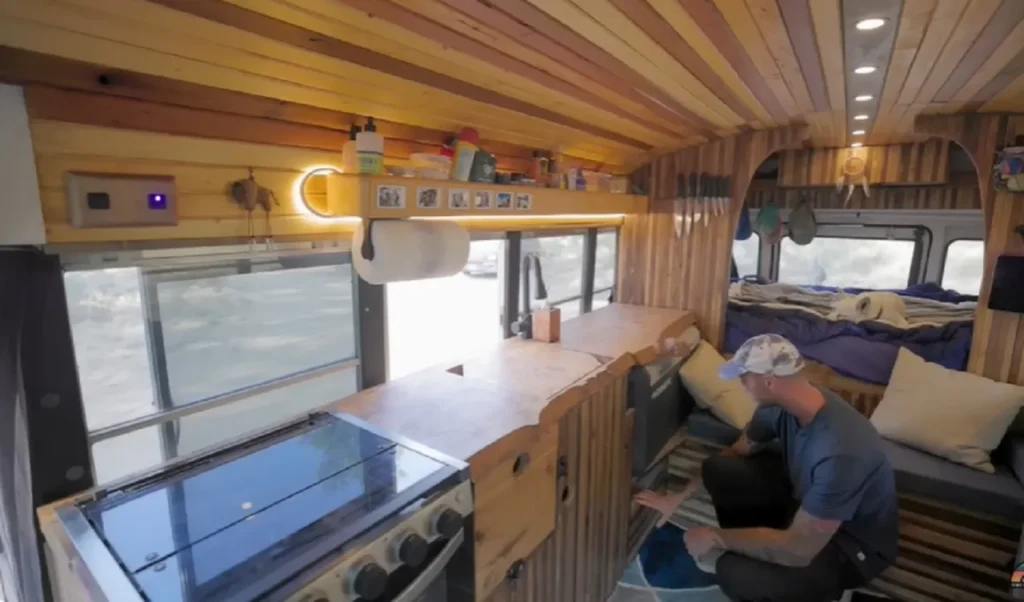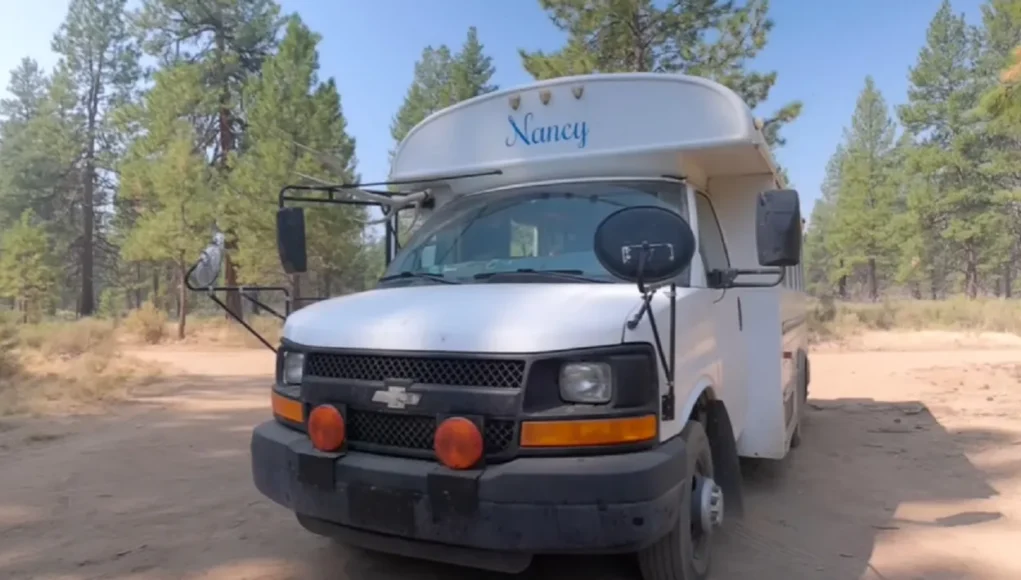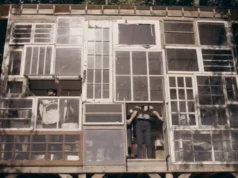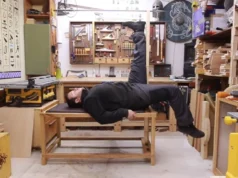The tiny house movement has become a defining trend for many seeking freedom from the traditional constraints of homeownership. Born from a desire for simplicity, affordability, and a more sustainable lifestyle, this movement continues to gain traction across the globe. People are turning towards minimalist living as a response to rising housing costs and the growing emphasis on reducing carbon footprints. Tiny homes, with their compact design, allow for reduced consumption, more intentional living, and greater financial flexibility.
For those who seek both mobility and minimalism, tiny houses present a unique opportunity. Their advantages include cost-effectiveness, lower environmental impact, and the freedom to travel while retaining the comforts of home.
One offshoot of the tiny house movement that’s gathering serious attention is the skoolie—a converted school bus reimagined into a cozy, functional home on wheels. Unlike traditional tiny homes, skoolies combine the allure of adventure with a fully customized space, all within the confines of a former school bus.
Enter Nick, a DIY enthusiast with a passion for mobile living. His journey began with the dream of creating a home that would embody his love for travel and craftsmanship. The result was “Nancy,” a beautifully transformed skoolie that showcases the art of turning a bus into a warm, welcoming tiny house.

The Heart of Nancy: A Love Story on Wheels
Nick’s journey began with an urge to break free from the conventional. Inspired by the freedom that comes from owning a home on wheels, Nick set his sights on converting an old school bus into the perfect house for his nomadic lifestyle. Nancy was not just a bus; she represented the realization of a dream that symbolized independence, exploration, and personal growth.
The process wasn’t easy. Nick faced his share of challenges—managing limited space, installing complex systems like plumbing and solar energy, and ensuring the bus remained functional for travel. Yet, each challenge pushed Nick to get more creative, learning everything from electrical work to carpentry. Overcoming these obstacles gave the project a personal meaning, making Nancy more than just a home; she was a labor of love.
Nancy is different from your average skoolie. She reflects Nick’s unique style and craftsmanship, combining practicality with beauty. The bus is filled with custom wood detailing, giving it a cozy cabin feel that evokes warmth and comfort—a stark contrast to the cold, utilitarian space the bus once was. The natural wood accents are earthy, connecting Nick to the nature he loves to explore.
The functional design of Nancy makes every inch count. The kitchen, for example, is spacious, complete with a full-size refrigerator, multiple spice racks, and a well-organized pantry. This setup caters to Nick’s love for cooking, allowing him to whip up meals on the road with ease. The living area features a sofa that can convert into a bed, maximizing space while maintaining comfort. There’s a clever use of under-counter and overhead storage, ensuring everything has its place while keeping the space open and uncluttered.
Every design choice in Nancy tells a story about Nick. From the hand-carved cabinetry to the spice rack that holds his collection of seasonings gathered from his travels, each feature is a proof to his passion for both adventure and craftsmanship. The herbs growing near the driver’s seat, for instance, serve not just a culinary purpose but also bring a touch of greenery into the bus, making it feel like a true home.
Nick designed each part of the bus with a clear purpose. His workstation—an extension that folds up into a desk—is not just practical but also a representation of his dedication to remote work and staying productive while exploring. The small details, like a built-in litter box with a door for his cat, show the depth of thought Nick put into ensuring every aspect of his life was catered for in Nancy.

The Significance of Building a Tiny House Like Nancy
Building Nancy was more than a practical project for Nick; it was a journey to create something deeply personal and meaningful. It was about crafting a space that offered both freedom and comfort—a place that feels like home no matter where it is parked. Nancy isn’t just a house on wheels; she represents a lifestyle, a choice to prioritize experiences over material possessions. Nick’s emotional connection to Nancy highlights the significance of building a home that speaks to one’s personality, values, and passions.
For those interested in tiny living, Nancy serves as an inspiration. The story of her creation encourages others to take the leap—whether it’s converting a bus or building a tiny home from scratch—to embrace the lifestyle that offers mobility, freedom, and the fulfillment of creating something unique and deeply personal.
As the world changes, so do our concepts of home and community. Mobile living is becoming an attractive option for those who crave adventure without sacrificing comfort. Projects like Nancy show the potential of school bus conversions and tiny houses to create sustainable, personalized living environments. They also reflect the idea that home is not necessarily a place but a feeling—something that can be taken on the road, crafted with care, and shared with others.
Nick’s story invites readers to consider what their version of tiny living could look like. Whether it’s a skoolie, a cabin, or another type of tiny home, the possibilities are limitless. And as the tiny house movement grows, so too does the community of like-minded individuals seeking a simpler, more connected way of life.







